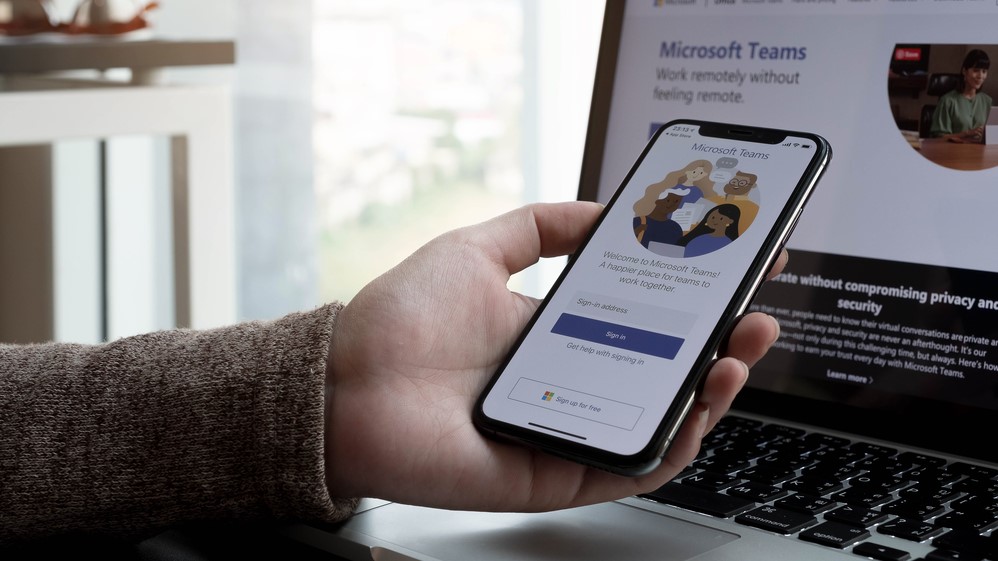Businesses are losing out due to poor password experiences
People want multiple login options

Sign up for breaking news, reviews, opinion, top tech deals, and more.
You are now subscribed
Your newsletter sign-up was successful
Many businesses would be a lot better off if they offered customers, clients and visitors more secure log in options, a new report from Auth0 has claimed.
Surveying 17,000 businesses and consumers across 12 countries, the company found consumers are more likely to sign up for an application or online service if they are able to log in with various authentication options.
Multi-factor authentication (MFA) is the most popular method, preferred by 49% of the respondents. Single Sign-On (SSO) was cited by 48%, followed by 44% for biometrics. Social login (40%) and passwordless (35%) were also cited.
- Take a look at these best password managers
- We’ve also rounded up the best security keys
- Here are the best identity management software out there
At the same time, less than half of organizations (47%) offer SSO, a third (35%) offer social login options, while 29% offer MFA. A quarter (25%) offers biometrics, and a fifth (20%) passwordless.
Almost one in ten companies (8%) don’t offer any of these login options, at all.
Securing the business
For consumers, this is frustrating. Almost half (48%) are annoyed by having to fill long sign-up and login forms, while 83% abandoned their cart or sign-up attempt for the same reasons.
But it’s not just about the convenience of login, offering multiple authentication options also boosts security. There have never been more successful phishing attacks, and without a second layer of protection, many businesses could be facing devastating data breaches, hefty fines and brand trust issues.
Sign up to the TechRadar Pro newsletter to get all the top news, opinion, features and guidance your business needs to succeed!
Having multiple authentication options also eliminates the weak link of the cybersecurity chain that are poorly designed passwords. Sometimes because they can’t be bothered, and sometimes because they fear they’ll forget them, people choose simple, easy-to-guess passwords and reuse them across multiple services.
By using a password manager to create and store strong passwords, and adding the second layer, be it MFA or anything else, both businesses and consumers can minimize the risk of serious data breaches.
- Protect your identity with the best identity theft protection right now
Sead is a seasoned freelance journalist based in Sarajevo, Bosnia and Herzegovina. He writes about IT (cloud, IoT, 5G, VPN) and cybersecurity (ransomware, data breaches, laws and regulations). In his career, spanning more than a decade, he’s written for numerous media outlets, including Al Jazeera Balkans. He’s also held several modules on content writing for Represent Communications.